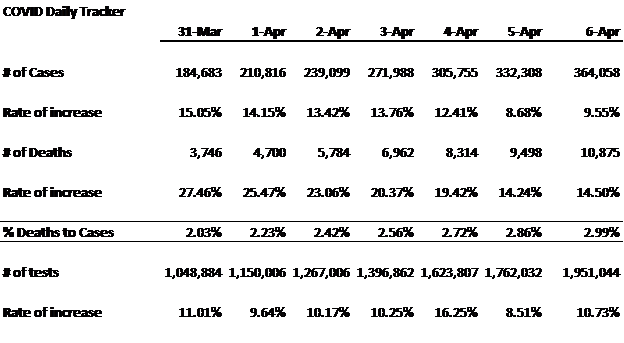The Daily Escape:

San Juan Mountains, near Telluride CO – January 2022 photo by Ben Clark
The Paycheck Protection Program (PPP) was an unprecedented move by Washington to save jobs and businesses as the country slid into a Covid lockdown in 2020.
The PPP ̶ included in the $2.2 trillion CARES Act of 2020 – offered low-interest loans to a wide range of businesses to help keep them afloat in the pandemic. The concept was if participants used the cash to cover payroll and certain other expenses, the loans would be forgiven completely.
The Intercept is reporting that Bank of America (BOA), the second-biggest lender in the PPP loan program, is refusing to forgive some small business owners’ loans and is blocking them from getting relief directly from the Small Business Administration (SBA), which oversees the program:
“…in over a half-dozen interviews and emails with The Intercept, small business owners who got their PPP loans through Bank of America described the same experience: A year or more after they first received their loans, they were told that the bank determined they had originally received too much money and that it would only forgive a portion, leaving them to pay back the remainder with interest.”
When those business owners applied to BOA for forgiveness, the bank’s online portal was pre-populated with an unexplained and lower amount of loan forgiveness. The form on the website didn’t allow them to change it, or to upload any supporting documentation showing that they actually did qualify for forgiveness of the full amount of the original loan.
The Intercept reviewed a screenshot from one small business owner who, when she tried to change the figure in a box titled “Requested Loan Forgiveness Amount” from the bank’s figure to the full amount of her PPP loan, it showed an error message. She was unable to move to the next screen. The Intercept says that the borrower’s calls to the bank were fruitless.
More from The Intercept:
“Fearing a hit to their credit scores or defaulting on their unforgiven loans, some small business owners submitted Bank of America’s forgiveness application for the lower amount despite believing that they should be forgiven for the full loan. Others are refusing to apply for forgiveness for an amount they say is less than they deserve.”
BOA reported that many of the problems are related to SBA rules on whether the money could be used to pay contractors, or for suppliers, or for other situations.
After widespread complaints about the slow and confusing forgiveness process, the SBA set up its own portal in August 2021. That allowed small business owners to apply for forgiveness directly with the agency.
But in a typical Catch-22, the banks had to opt into using the SBA’s portal, and BOA is among those that refused to do so. So businesses that got their PPP loans through BOA had no option. They had to use the bank’s portal. In a statement, BOA said the SBA site is redundant:
“If we used the SBA’s site…we would still be required to review each application for forgiveness and provide the recommended forgiveness amount, as we do on our own site.”
The Catch-22 nightmare gets worse: The SBA has an appeal process for PPP loans, but that process doesn’t begin until a borrower submits an application for forgiveness to their bank. That requires accepting Bank of America’s loan forgiveness number.
These small business PPP borrowers say that they followed the rules as they were written at the time they signed the promissory notes and therefore shouldn’t be held accountable for the many rule changes the SBA made after the program launched.
The Intercept cites one case where a borrower, who lives in an economically depressed region, was able to apply for a grant through the Economic Injury Disaster Loans (EDIL) program, also run by the SBA. The EDIL loan gave him a low interest rate and a longer term for repayment.
As soon as he received the EDIL money, he used it to pay off the unforgiven balance of his PPP loan.
It seems that BOA and the SBA have walked away, at least partially, from the original understanding with these borrowers. And some of them, fearing that they had no option to fight the system, and that their credit scores would be hurt, have submitted their BOA forgiveness application at the lower amount. Now they are setting up repayment schedules with BOA for their still-outstanding loan amounts.
Even a useful and well-intentioned program can leave victims in its wake. And it’s hard to climb out of the hole when your banker keeps shoveling dirt on you.
It may have been wrong for Congress to place banks in the middle of the PPP loan program to begin with. Although the SBA has always used local banks as their point of administration and distribution for its lending activities.
It seems that for BOA at least, it gave them an additional profit opportunity!



